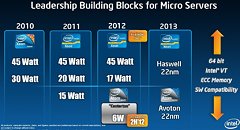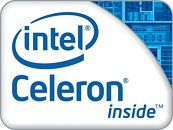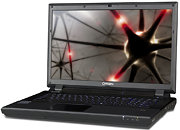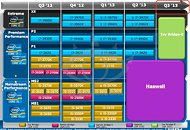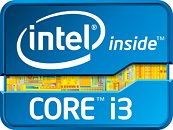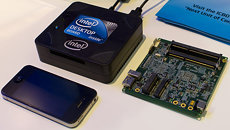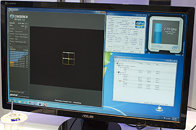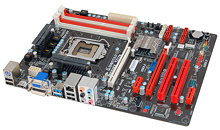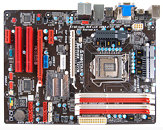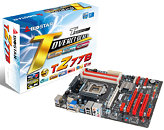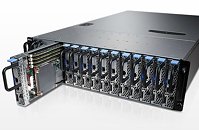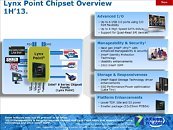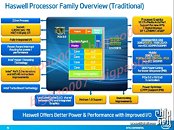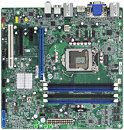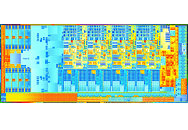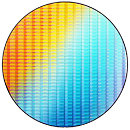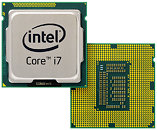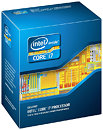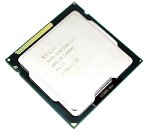
Top Intel Ivy Bridge-E Core Processors To Still Pack Six Cores
Intel's 2011-launched Core i7 "Sandy Bridge-E" HEDT platform is based on a 32 nm silicon that's common with Xeon E5 series processors. While the silicon physically packs eight CPU cores and 20 MB last-level cache (LLC, or L3 cache), client Core i7 processors are configured with only a maximum of six cores, and up to 15 MB L3 cache. According to a MyDrivers.com report, the maximum core count won't change with next-generation 22 nm Ivy Bridge-E Core i7 processors.
Ivy Bridge-E will be an upscale of Ivy Bridge. Similar to Sandy Bridge-E, the silicon will feature up to eight cores and 20 MB L3 cache. In its Core i7 avatar, however, the chip will be configured with no more than six cores, and no more than 15 MB L3 cache. The new chip will introduce IPC improvements, PCI-Express Gen 3.0 certified root complex (one which NVIDIA will approve of), higher CPU core clock speeds, and support for faster memory.
Ivy Bridge-E will be an upscale of Ivy Bridge. Similar to Sandy Bridge-E, the silicon will feature up to eight cores and 20 MB L3 cache. In its Core i7 avatar, however, the chip will be configured with no more than six cores, and no more than 15 MB L3 cache. The new chip will introduce IPC improvements, PCI-Express Gen 3.0 certified root complex (one which NVIDIA will approve of), higher CPU core clock speeds, and support for faster memory.
